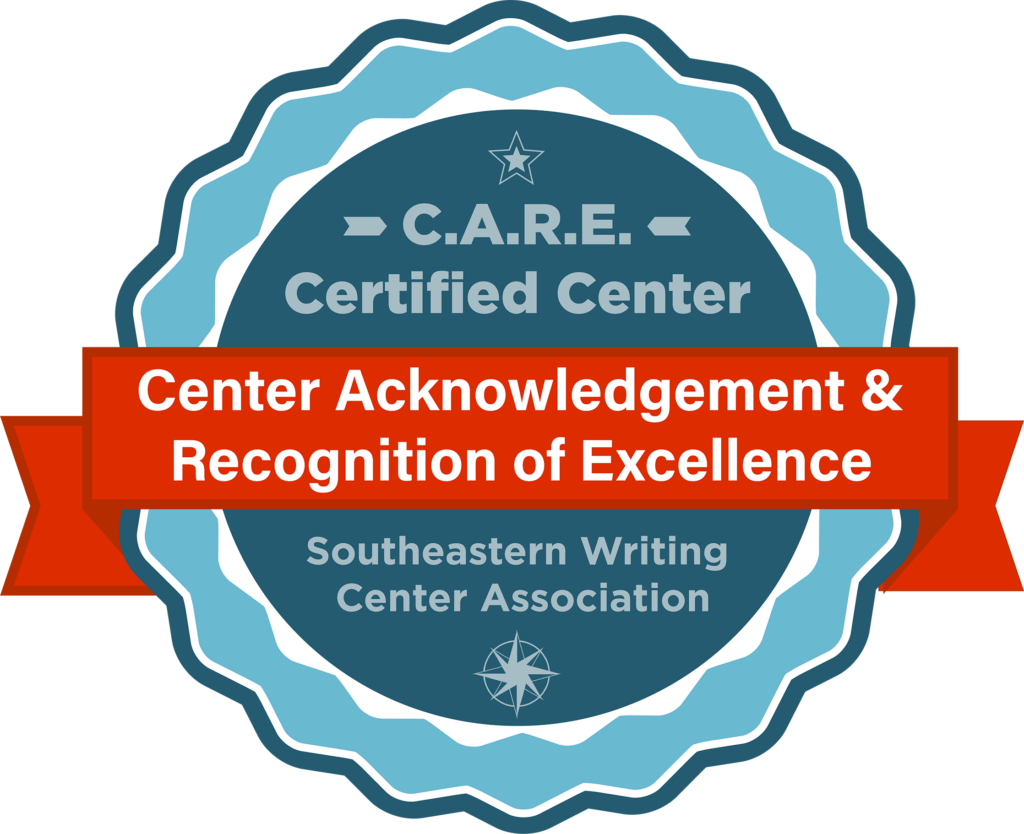
Welcome! / – What is plagiarism, and how do I avoid it?Permanent Link to "> Welcome! / – What is plagiarism, and how do I avoid it?
SPS defines plagiarism as “the act of presenting another person’s ideas, research or writings as your own” (http://sps.cuny.edu/acad_policies/acad_integrity.html). This can be done intentionally or unintentionally, but is always a serious academic offense that could result in receiving no credit for the assignment, failing the class, or being subjected to disciplinary actions such as suspension or expulsion.
Any time you use someone else’s words or ideas (and you will do this regularly in academic writing), you must make sure to give that person credit. This means you need to include quotation marks around any phrases or sentences that are taken exactly from a source and give a citation for any quotations, paraphrases, or summaries. For example, in the first sentence of this answer, the quoted definition for plagiarism is attributed to SPS, and a link to the original material is given in parentheses. Though that is a very informal type of citation, it tells the reader where and with whom the ideas and words originated, so it is clear that I did not develop them myself. There are various approaches to citation, and your teacher will generally specify which style you should use in your course or discipline. (If you are in doubt, always ask your instructor what they require.)
While the simple answer to the question of how to avoid plagiarism is that you must properly credit your sources, there are a number of ways you can set yourself up for success. We have a more in-depth page with tips for avoiding plagiarism, as well as various guides on how to use source material in our Reading for Writing section.
You can also learn more about this topic at these sites:
- http://www.mesacc.edu/~paoih30491/ArgumentsQuoteSummarizeParaphr.html
- http://www.lib.usm.edu/legacy/plag/paraphrasing.php
- https://owl.purdue.edu/owl/avoiding_plagiarism/plagiarism_faq.html
Posted in: Assignments, Citations, Resources for Students









